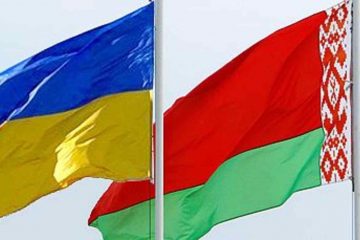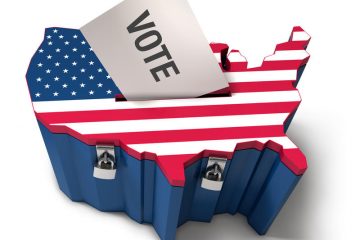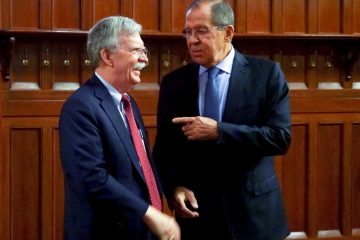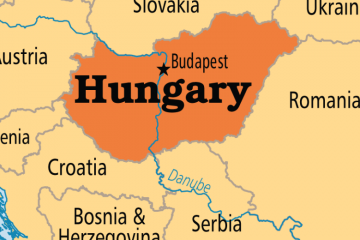Steven Chase
Russia is accusing Canada of contributing to a military buildup on its doorstep, calling Ottawa’s decision to send 200 soldiers to Ukraine to train Kiev forces a “counterproductive and deplorable” move.
In a statement, the Russian embassy in Canada said sending Western soldiers will not help ease conflict between the Kiev government and pro-Moscow separatists in eastern Ukraine.
“It does not help in any way the settlement of the internal fratricidal conflict in that country,” the embassy said.
More than 6,000 people are estimated to have died in the fighting, according to the United Nations, and the West blames Moscow for supplying and assisting the rebels who have destabilized the eastern part of the country.
Wednesday’s diplomatic outburst from Russia prompted a response from the Prime Minister’s Office in Ottawa.
A spokesman for Mr. Harper said it’s Russian President Vladimir Putin who seized Crimea last year who poses the biggest risk.
“Putin’s failure to end his support to armed rebel groups and his occupation of Ukrainian sovereign territory constitutes a real threat to international peace and security,” PMO spokesman Stephen Lecce said.
The Harper government announced Tuesday that Canada is sending troops to beleaguered Ukraine, the target of Russian aggression since early 2014, to train soldiers in case a shaky ceasefire falls apart.
The Russian embassy warned that Canada’s new military move, a joint effort with the Americans and British, will lead to more conflict rather than peace.
Moscow’s representatives in Canada said this will only fuel the desire of the Ukraine government, which it painted as belligerent, to keep fighting – in contravention of the Minsk peace accords.
“Foreign ministers of France, Germany, Russia and Ukraine … [have] called for enhanced intra-Ukrainian political dialogue,” the embassy noted in the statement that it circulated widely among Canadian media.
“It is neither appropriate, nor helpful to assist the military buildup playing into the hands of ‘party of war in Kiev,’” the embassy said, using a pejorative phrase to describe Petro Poroshenko’s Ukrainian government.
“It would be much more reasonable to concentrate on diplomacy and encourage authorities in Kiev to finally enter into a genuine political dialogue with Donetsk and Lugansk Republics as it was agreed upon in ‘Minsk-2’ accords in February.”
A fragile truce is currently in place in eastern Ukraine but there are concerns that Russian separatists are planning a spring offensive.
Defence Minister Jason Kenney has insisted that Canadian soldiers will only be training Ukrainian troops rather than fighting Moscow-backed forces.
He said training will take place 1,300 kilometres away from the front lines.
This is the second deployment into a major regional conflict that the Conservative government has announced in the past seven months.
One Canadian soldier has died in northern Iraq, where 69 special-forces personnel were sent last fall on what was also supposed to be a non-combat mission.
This Canadian training mission is expected to last until March 31, 2017. This U.S.-led effort is not a NATO undertaking.
Diplomatic relations between Russia and Canada have been sorely strained since Mr. Putin annexed Ukraine’s Crimean peninsula in early 2014.
Canada has donated non-lethal military aid and warm weather clothing to Kiev, lent it hundreds of millions of dollars to help with economic rebuilding and is sharing satellite imagery of the Ukraine-Russia border region to help Mr. Poroshenko’s government defend against attacks.
NDP Leader Tom Mulcair is raising concern about this Ukrainian deployment, expected to cost as much as $32-million over two years.
He said deploying troops without a debate in Parliament constitutes a “dangerous precedent.”





Comments